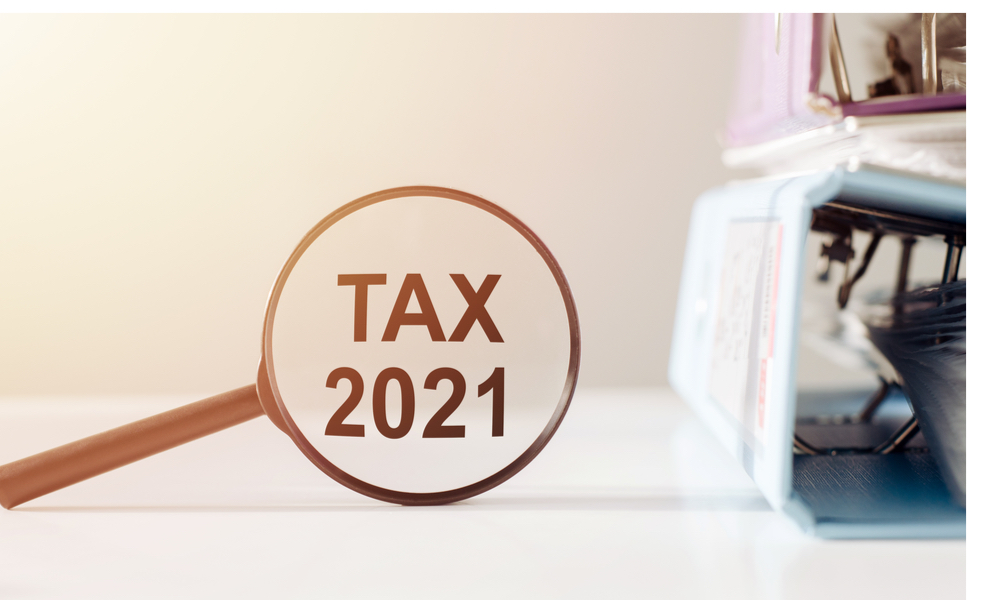In a year that has once again been full of ups and downs for businesses, it can be hard to know or predict what your tax position will be. Have you been on Jobkeeper? Did you receive other small business grants? Are you building a different, more COVID resilient business unit? After all the uncertainty this year, it’s nice to know one thing – what tax you’ll be paying! Despite another tough year we’ve seen some cashed up businesses who, while qualifying legitimately for government support, are going to incur tax bills that may not be planned for.

Jobkeeper
Jobkeeper is a taxable income source, and while it directly covers an outgoing expense (in that it had to be forwarded to employees), for businesses that bounced back quickly the profit could add up.
Cashflow Boost
The cashflow boost paid to employers reporting PAYG-Withholding Tax isn’t taxable. The way you access this depends on your entity structure. If you are in a company, there are rules regarding extracting the cash from your company. Spending this money within your business can trigger a tax loss for the year. If you are in a tax loss situation, there isn’t much use in the commonly used tax planning strategy of bringing forward large expenses before June 30.
Government Grants
Most government grants are taxable. As lockdowns continue to roll through Australia, some businesses continue to receive government grants. It is important to plan for any consequences for your tax of these grants, unless all the funds are used on tax deductible expenditure. If not, you might have a profit that you have not been planning for or for which you have not set aside any cash.
Pay-as-you-go Instalments
During the initial COVID impacted tax year, ending 30 June 2020, some businesses had a drop in their instalment rate based on a lower forecast tax position. Whilst this was a significant help to businesses suffering the immediate uncertainty and impact of what would come, this means that some businesses now have a shortfall in their tax instalments. Understanding your position early means that you can begin putting money aside for tax, and time to budget.
Superannuation
Usually a go-to tax planning strategy involves super contributions for small business owners, up to the concessional contribution caps (in the 2021 financial year $25,000 each from all contributory sources). If, at the time, you withdrew money from super under the COVID provisions, an additional contribution could flag you with the Tax Office. Similarly, leaving yourself tight for cashflow and locking money away for 20-30 years may not be in keeping with the requirements of your business, particularly should we suffer further with lockdowns and the flow on to businesses. These days planning long term in an uncertain environment is more important than ever before.
Payment Plans and Early Intervention
The Tax Office always prefers a proactive response when it comes to tax debts and lodgments. It is always best to lodge your documents on time and make (and follow through on) payment plans when required. We talk to a lot of clients who have tried to make payment plans for themselves, and have interest remitted, who can’t get it through the ATO systems. At Accru we have team members who are experienced in liaising with the Tax Office, including in regard to available terms. The ATO are always going to look more favourably at you when you are trying to be compliant.
Other Tax Planning Strategies during COVID
Currently, small businesses have provisions to write off, to an unlimited cost, the business related component cost of any asset installed by 30 June 2021. Motor vehicles are an exception to this – up to the luxury car tax threshold they are able to be written off up to $68,740 or $77,565 for fuel efficient vehicles. While a lot of business owners are programmed to minimise tax before the end of the financial year, you should only buy assets needed to operate the business. If you were planning to buy a new asset in July, or the second half of the year, fine. If not, will you need it this year? Will it become outdated before it is used? Will you be able to make the finance payments if we face further lockdowns or restrictions? Are you better to finance it and leave some cash in the bank?
Talking your situation through with your local Accru advisor before 30 June is important. In a year of uncertainty, let us shine some light on your circumstances and help you control this aspect of running your business in a pandemic.
